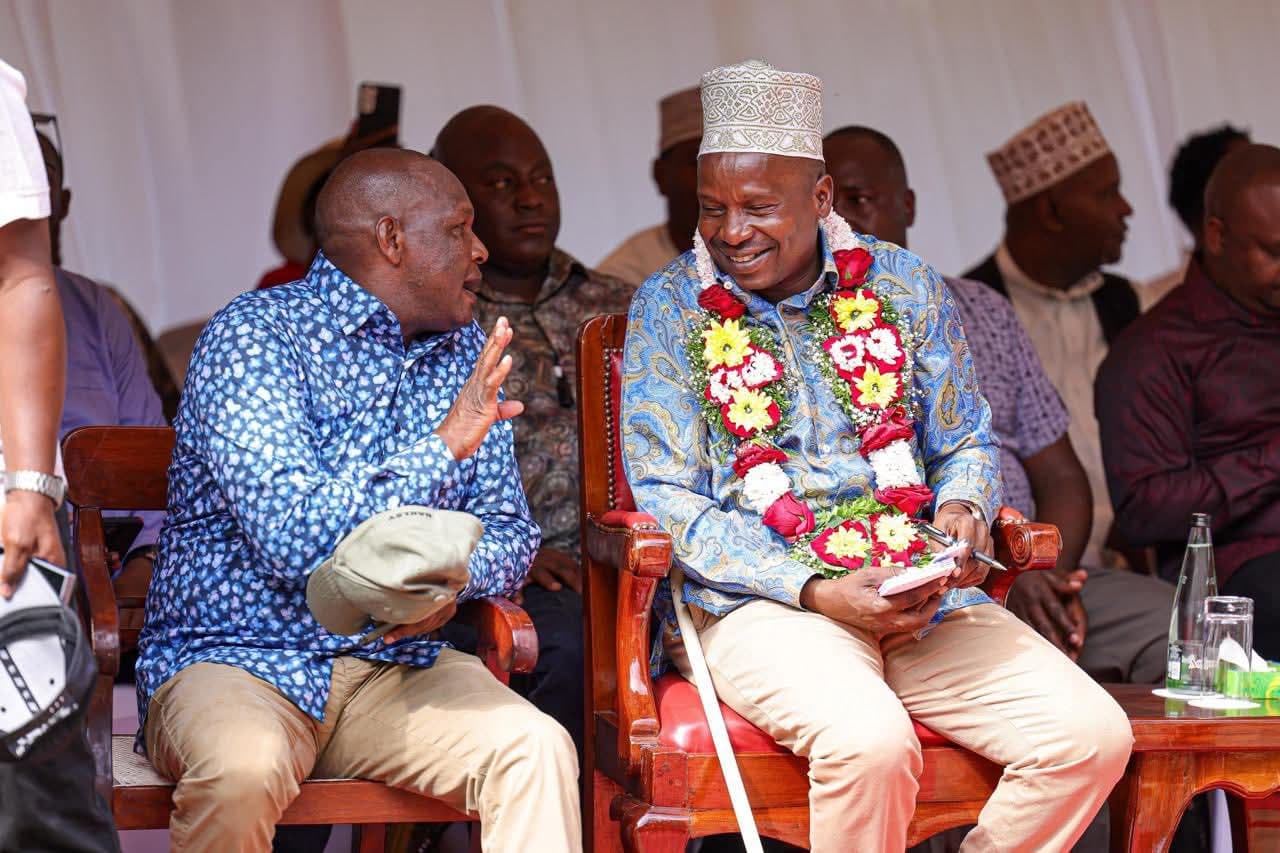We're loading the full news article for you. This includes the article content, images, author information, and related articles.
During a fundraiser in Kakamega County, President Ruto’s aide Farouk Kibet called for all nominated seats in Parliament and county assemblies to be reserved for persons with disabilities, arguing that direct representation would allow PWDs to craft laws that benefit their community.

Kakamega, Kenya — 2025-09-12 15:40 EAT. Presidential aide Farouk Kibet has proposed sweeping reforms to Kenya’s nomination system, calling for all nominated seats in Parliament and county assemblies to be reserved exclusively for persons with disabilities (PWDs).
Speaking at a fundraiser for PWDs in Likuyani Constituency, Kibet urged area MP Innocent Mugabe to table a motion in the National Assembly, saying he was confident lawmakers would support the measure.
Proposal: All nominated seats in the National Assembly, Senate, and county assemblies should be filled only by PWDs.
Rationale: Kibet argues PWDs deserve guaranteed representation since few manage to win elective seats and current nomination rules give only partial access.
Next steps: He pledged to lobby MPs to change the law and expand tax reliefs for PWDs, citing ongoing gaps in implementation of existing exemptions on vehicles and business permits.
Current law:
Article 54(2) of the Constitution requires at least 5% of members of elective and appointive bodies be PWDs.
The Persons with Disabilities Act, 2025, provides for representation and fee waivers but does not reserve all nominated seats for PWDs.
Election nomination regulations divide seats among women, youth, minorities, and PWDs.
Practical concerns: County officials in some areas have reportedly demanded taxes from PWD traders despite legal exemptions, raising questions about enforcement.
What would change: Amending the law to reserve all nominated seats for PWDs would require a constitutional amendment or major changes to election regulations.
Threshold: Constitutional amendments need two-thirds support in Parliament and may trigger a referendum if they affect representation of multiple groups.
Legal tests: The change must comply with equality and non-discrimination provisions in the Constitution and ensure balance among other special interest groups.
Farouk Kibet: “PWDs deserve a voice in lawmaking because the challenges they face are unique and under-represented.”
Susan Erina, Kakamega Disability Caucus: Supported the reforms, noting nomination fees and bureaucracy deter many PWDs from seeking office.
County PWD representatives: Have raised concerns about inconsistent enforcement of existing tax exemptions for PWD businesses.
Representation balance: Proposal could sideline youth, women, and minority groups who currently benefit from nominated seats.
Implementation complexity: Parliament and IEBC would need to redefine allocation formulas and eligibility criteria.
Political feasibility: Requires high-level bipartisan support amid competing reform priorities.
Whether the proposal seeks to amend only county-level laws or the national Constitution.
If current total seat numbers would be preserved or expanded for PWDs.
Whether MPs across party lines will back the reforms given political sensitivities around representation quotas.
Current: Kibet raises proposal at Kakamega fundraiser.
Next steps: MP Innocent Mugabe expected to draft a motion for debate in the National Assembly.
Potential legislative action: Would depend on House Business Committee approval and parliamentary calendar.
Keep the conversation in one place—threads here stay linked to the story and in the forums.
Sign in to start a discussion
Start a conversation about this story and keep it linked here.
Other hot threads
E-sports and Gaming Community in Kenya
Active 9 months ago
The Role of Technology in Modern Agriculture (AgriTech)
Active 9 months ago
Popular Recreational Activities Across Counties
Active 9 months ago
Investing in Youth Sports Development Programs
Active 9 months ago